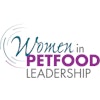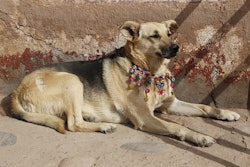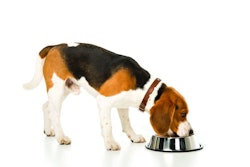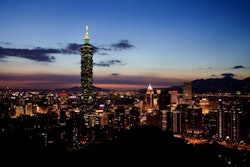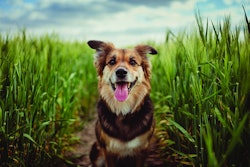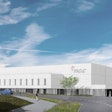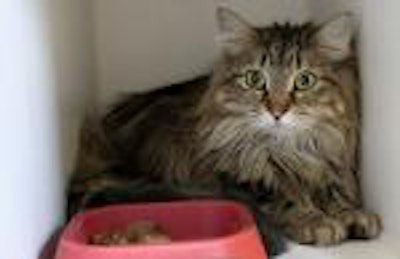
Nestlé (Thai) Ltd.'s new manufacturing plant for wet cat food which opened only last June is currently searching for business and technical professionals to run the 1,010,430-sq-ft production complex worth 5 billion baht.
A quick look at online job postings reveals that the company is looking for different types of engineers (mechanical, electrical and automation, packaging process), production managers and quality assurance supervisors, sales executives, nutritionists and other support personnel to work at the new state-of-the-art manufacturing plant in Rayong, Thailand.
“With an investment of 5 billion baht, the new Purina factory reinforces Nestlé's long-term commitment to doing business in Thailand while creating quality job opportunities for the local community,” said Victor Seah, chairman and chief executive of Nestlé Indochina.
This is the second Purina Petcare factory at the Amata industrial estate at the Rayong province. In 2010, the company invested 950 million baht for a 50,000-sqm factory where it produced the dry variety of ALPO dog food and Friskies cat food for exports to Korea, Hong Kong, Taiwan, Indonesia, Malaysia, Philippines and Singapore. It continues to be operational and employs 150 people.
The new Rayong factory will produce wet, single-serve Purina cat food products such as Purina One, Pro Plan, Felix and Fancy Feast brands. These products are targeted for the local and foreign markets near Thailand like Japan, Australia and New Zealand, and those in Southeast Asia.
"Prioritizing exports to the Japanese pet food market demonstrates the new factory's capability to produce premium products for the most demanding Japanese consumers," said Jean Grunenwald, chief executive officer of Nestlé Purina PetCare Asia, Oceania and Africa.
Seah said their new facility is strategically located for easy access to high-quality raw materials and is logistically convenient to supply products across Asia, Oceania and Africa, and especially the ASEAN region, “which is an emerging market with tremendous potential for our pet care business,” he added.
The new ultra-modern cat food factory will allow Purina to carry out its friendly and sustainable environmental goals using latest automation tools to decarbonize its operations and save on energy. The new plant will work towards using recyclable packaging materials as part of the company's goal to have all its pet food packaging materials 100% reusable by 2025.
Advanced technologies at the new Purina factory also includes a fully automated system that features a high-speed filling line with products handled by robots, automated guided vehicle material handling, and high-speed robot multi-packers that can each finish more than 720 packs per minute.
